
Vittoria Colonna, marchioness of Pescara, was an Italian noblewoman and poet. As an educated and married noblewoman whose husband was in captivity, Colonna was able to develop relationships within the intellectual circles of Ischia and Naples. Her early poetry began to attract attention in the late 1510s and she ultimately became one of the most popular poets of 16th-century Italy. Upon the early death of her husband, she took refuge at a convent in Rome. She remained a laywoman but experienced a strong spiritual renewal and remained devoutly religious for the rest of her life. Colonna is also known to have been a muse to Michelangelo Buonarroti, himself a poet.
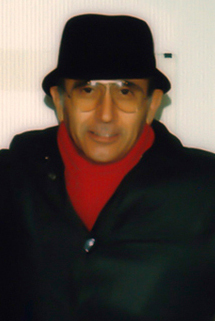
Franco Fontana is an Italian photographer. He is best known for his abstract color landscapes.
Alberto Caramella (1928–2007) spent all his life in Florence. He was an Italian poet. His first poetical works were published in 1995 after a successful career as a lawyer. In 1997 he founded the "Fondazione il Fiore" in Florence, with the aim to promote Italian and international poetry.
Giorgio Bàrberi Squarotti was an Italian academic, literary critic and poet. He taught at the University of Turin from 1967 until his death in 2017. He was considered to be one of the most important literary critics of his time.

Roberto Pazzi was an Italian novelist and poet. His works have been translated into twenty-six languages. He was widely recognized in Italian literary circles for his poetry and novels. His debut novel, Cercando l'Imperatore in 1985, received a number of international awards and started a prolific career of historical and contemporary novels.

Caterina Davinio is an Italian poet, novelist and new media artist. She is the author of works of digital art, net.art, video art and was the creator of Italian Net-poetry in 1998.

Girolamo Graziani was an Italian poet and diplomat.
Lamberto Pignotti is an Italian poet, writer and visual artist.
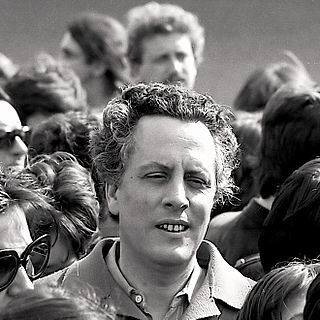
Antonio Porta was an Italian author and poet and one of the founders of the Italian literary movement Gruppo 63.
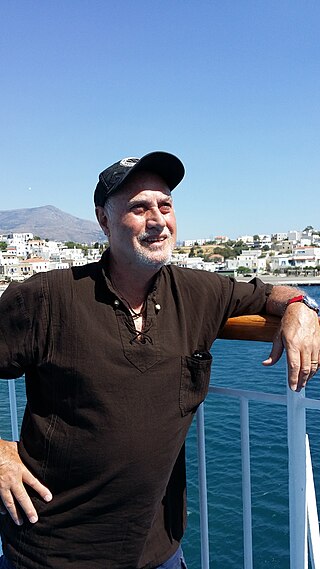
Luigi Augusto Fontanella is an Italian poet, critic, translator, playwright, and novelist.
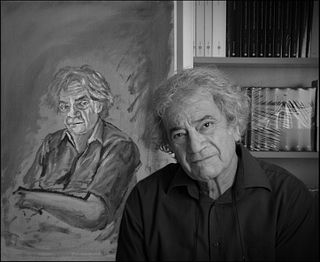
Beppe Costa is an Italian poet, novelist and publisher.

Fabio Barcellandi is an Italian poet and translator.
Simone de' Prodenzani, also spelled Prudenzani, was an Italian poet known for his narrative stories in the form of sonnets and ballades.

Franco Pappalardo La Rosa is an Italian journalist, literary critic, and writer. He graduated from Turin university. He has lived in Turin since 1963. He contributed to cultural pages of Giornale del Sud, L'Umanità and Gazzetta del Popolo, and to many dictionaries, as Dizionario della Letteratura Italiana, Grande Dizionario Enciclopedico-Appendice 1991 and Dizionario dei Capolavori. Nowadays he contributes to many literary magazines, as Hebenon, Chelsea and L'Indice. He edited the publication of some works written by contemporary Italian writers, as Stefano Jacomuzzi, Giorgio Bàrberi Squarotti, Emanuele Occelli, Francesco Granatiero and Angelo Jacomuzzi. He took part in National and International Conferences on figures and aspects of contemporary poetry and fiction. He edits I Colibrì, fiction library between journalism and literature. He is founding member and member of the Board of Governors of the International Association “Amici di Cesare Pavese”.

Andrea Garbin is an Italian poet. He was born in Castel Goffredo, Brescia, Italy.

Barbara Carle is a French-American poet, critic, translator and Italianist. She is Professor Emerita of Italian at California State University Sacramento.
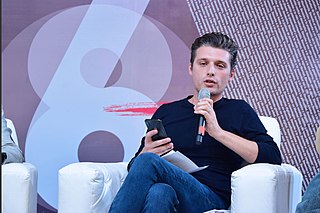
Gian Maria Annovi is an Italian poet, essayist, and professor. He has published five collections of poetry, along with appearing in various literary journals, and anthologies. He is currently an Associate Professor of Italian and Comparative Literature at the University of Southern California.
Corrado Govoni. was an Italian poet. His work dealt with modern urban representations, the states of memory, nostalgia, and longing, using an expressive and evocative style of writing.
Alberto Bertoni is an Italian poet, literary critic and professor at Università degli Studi di Bologna.












